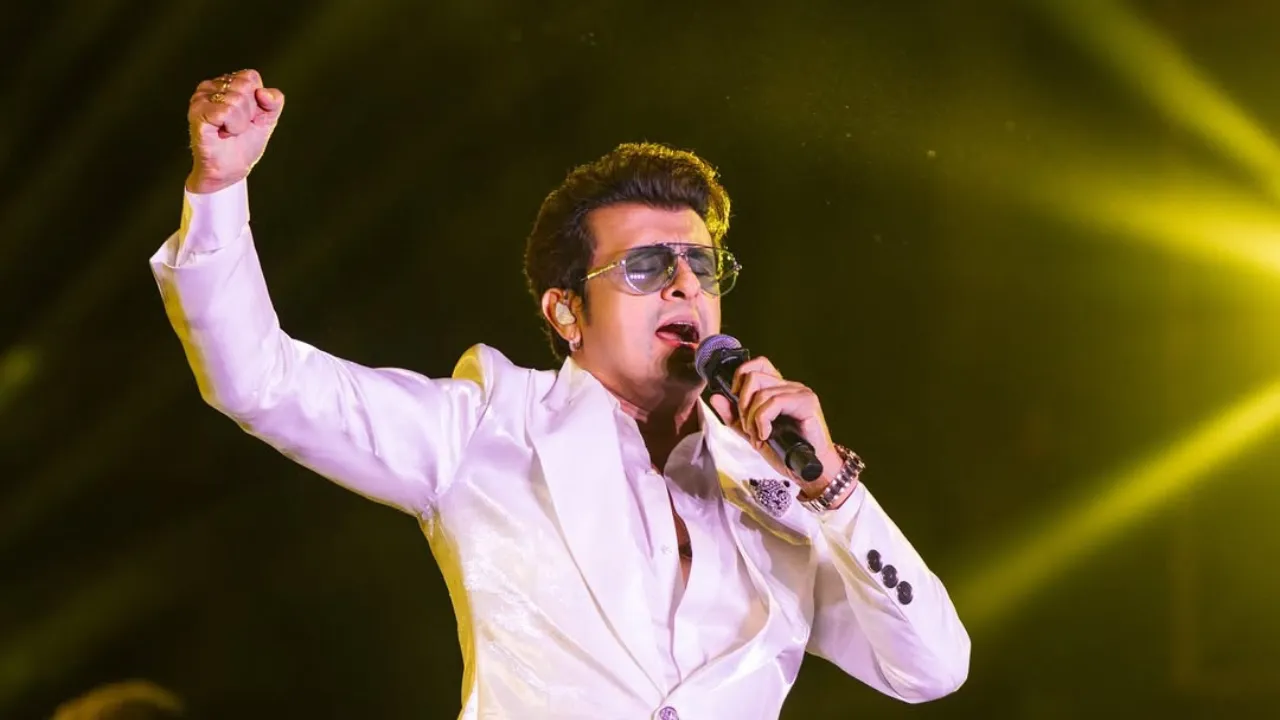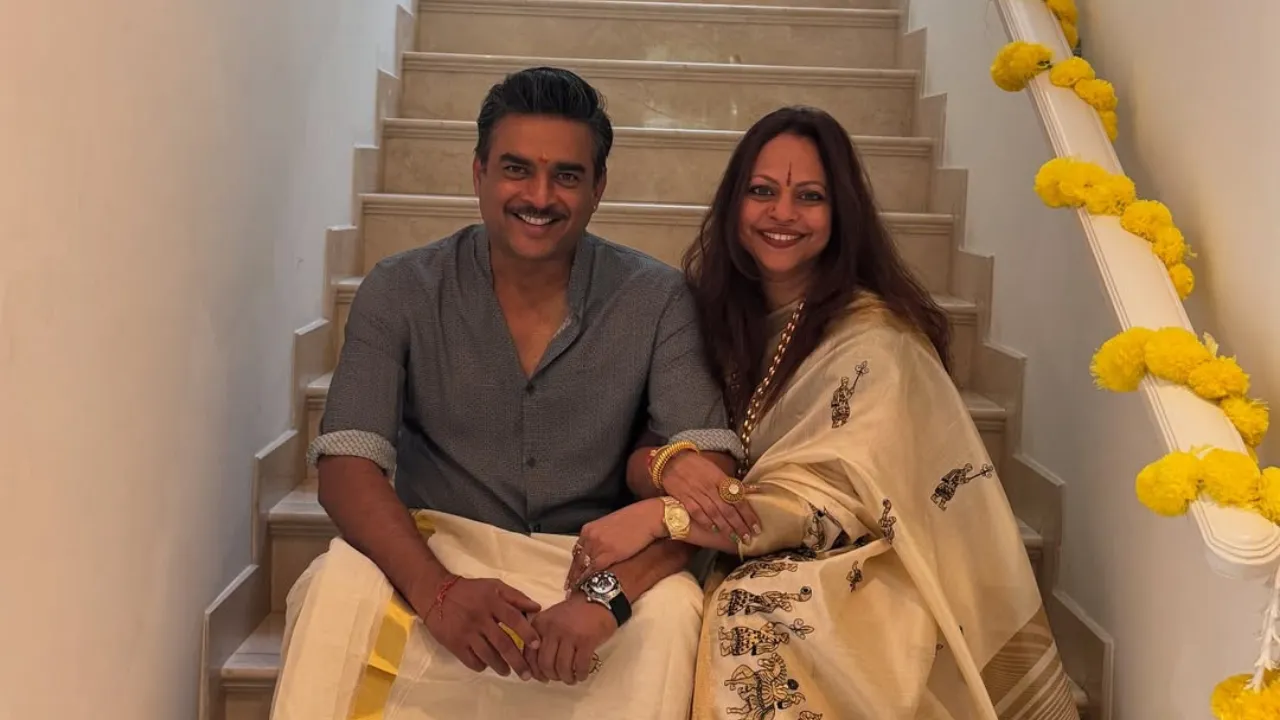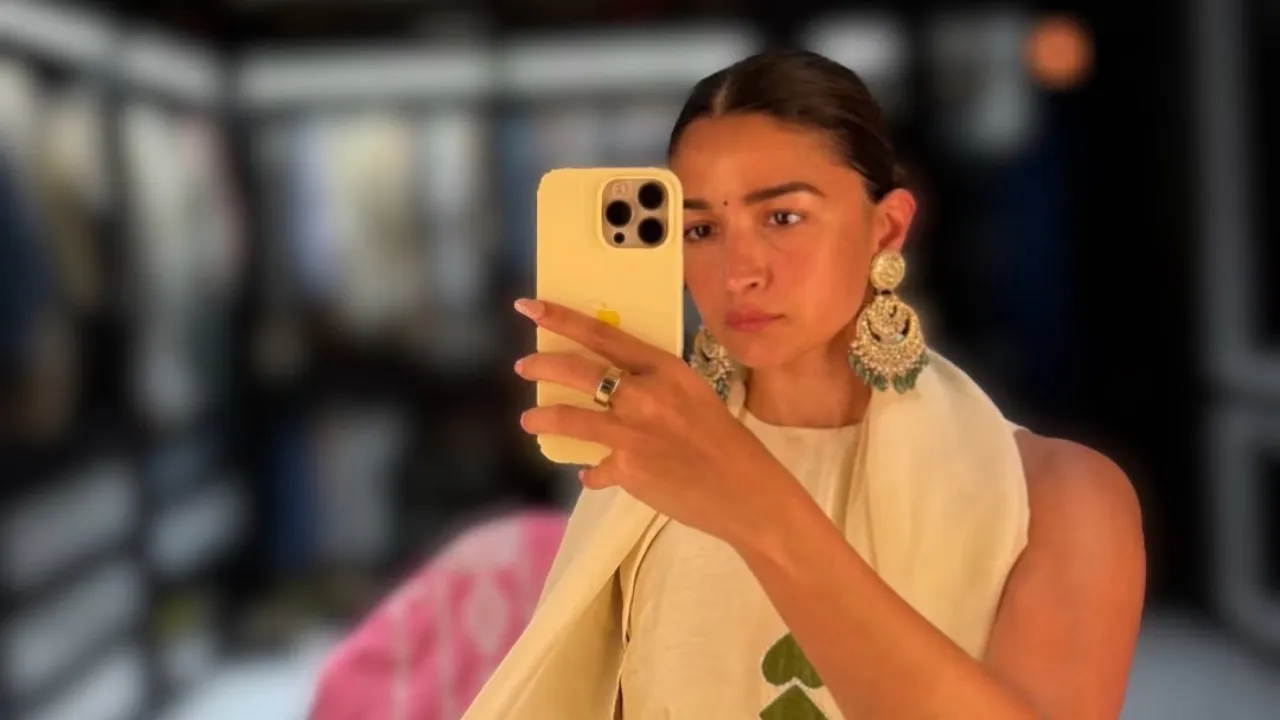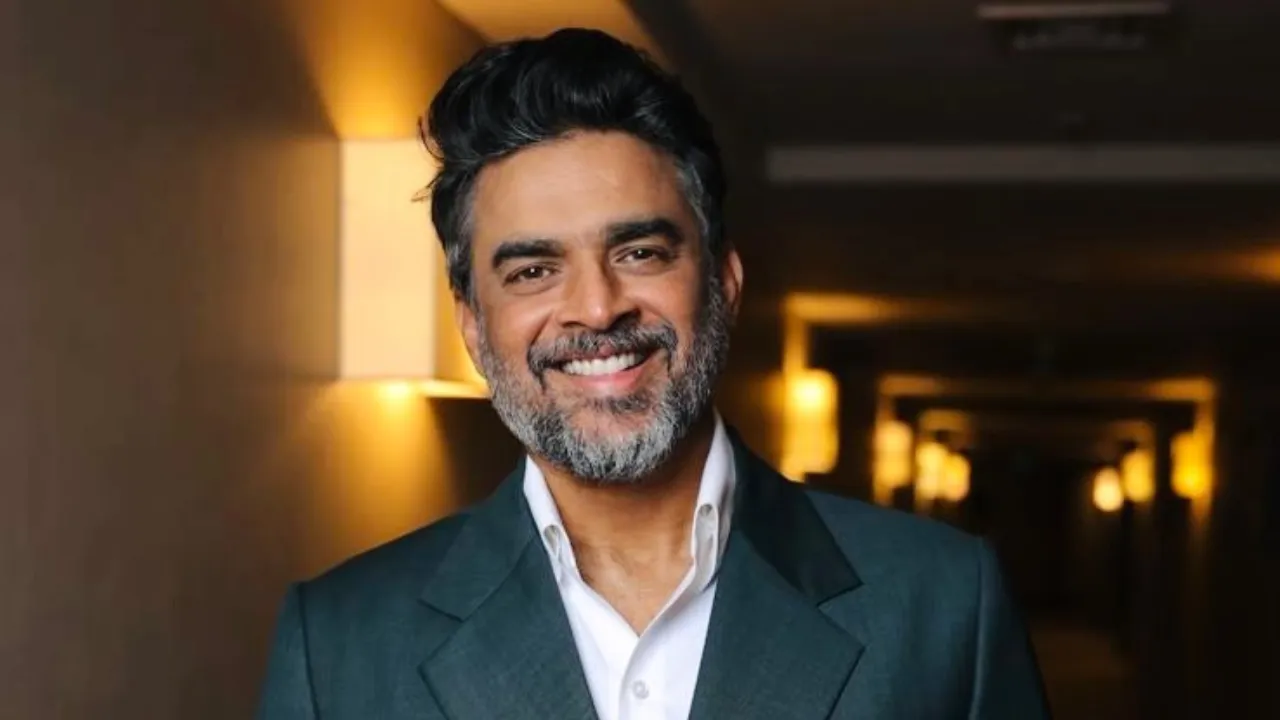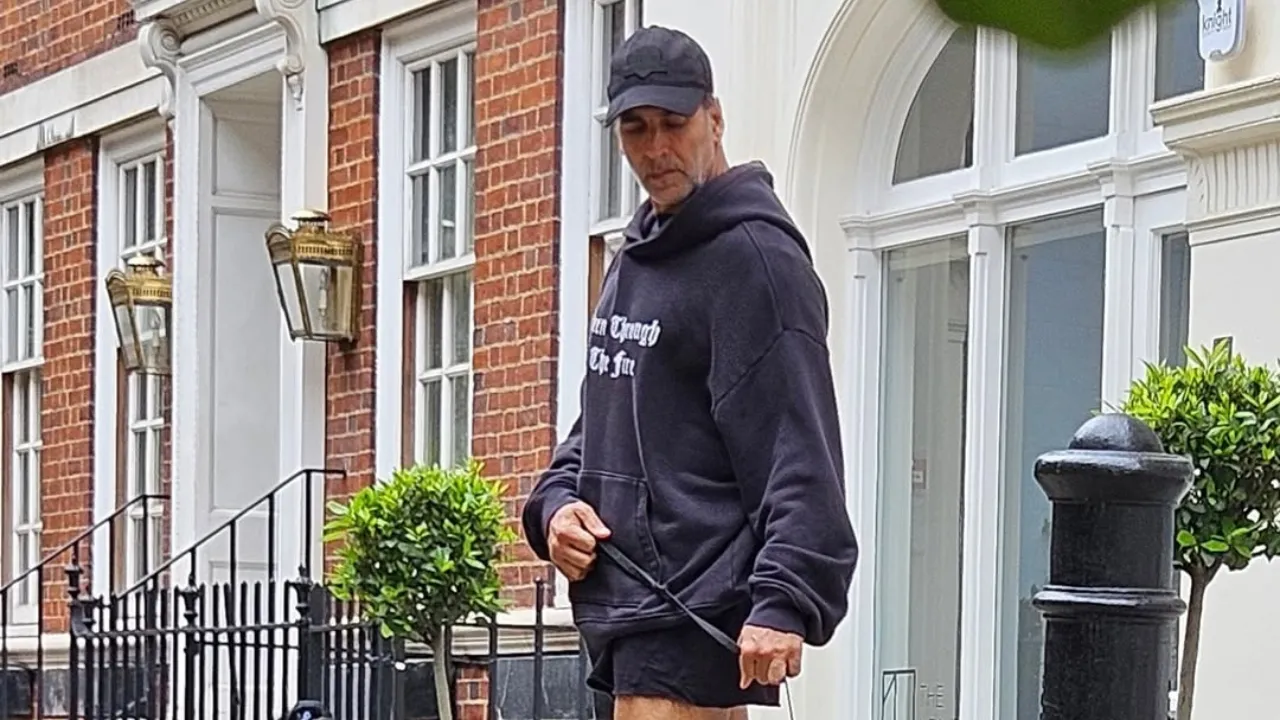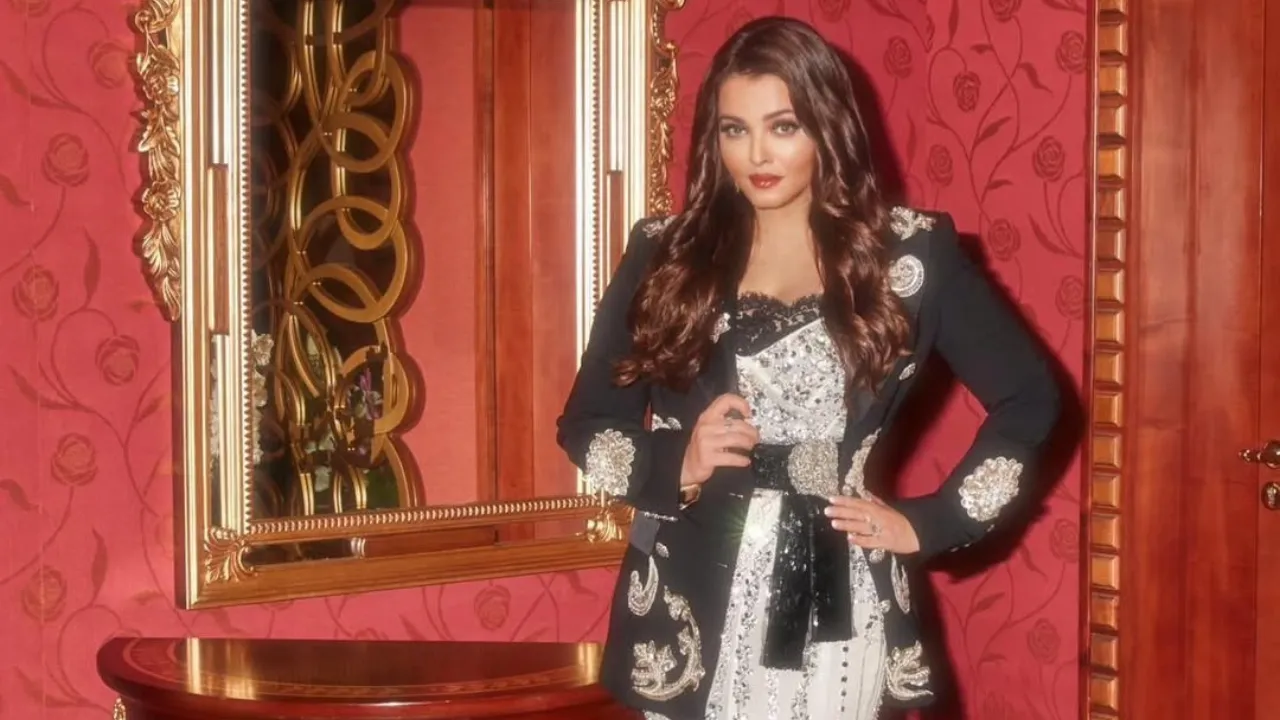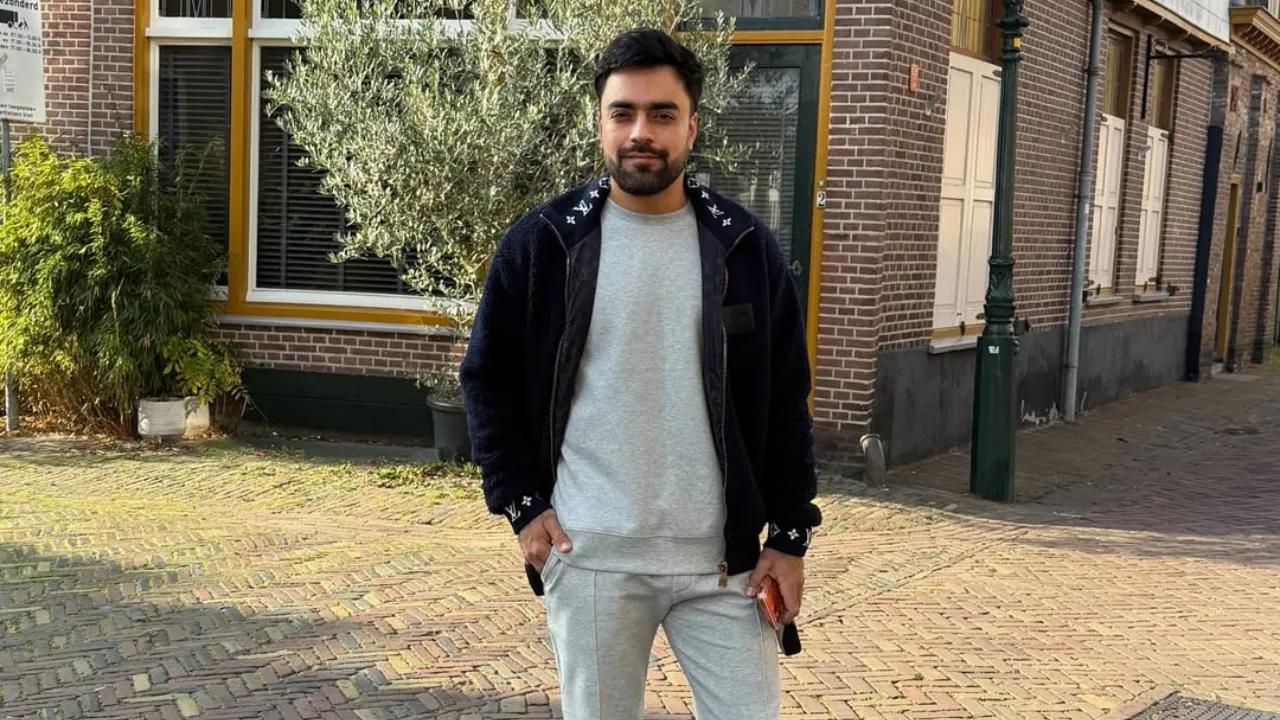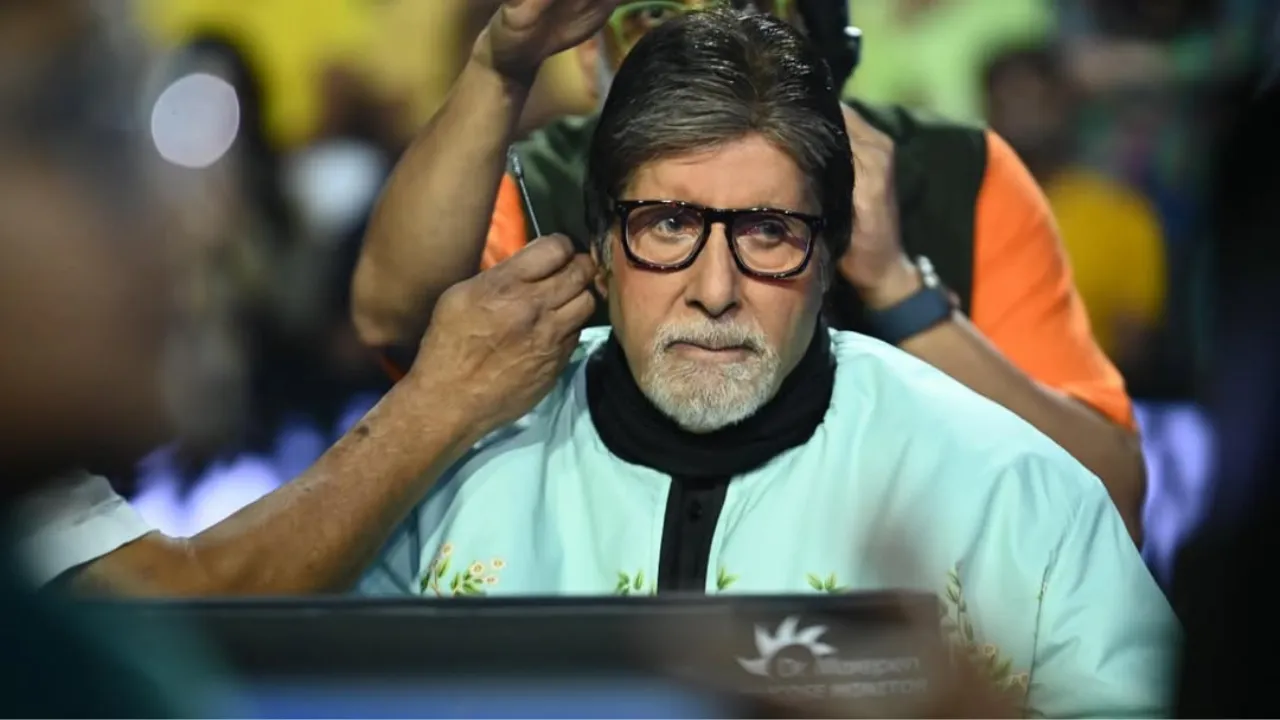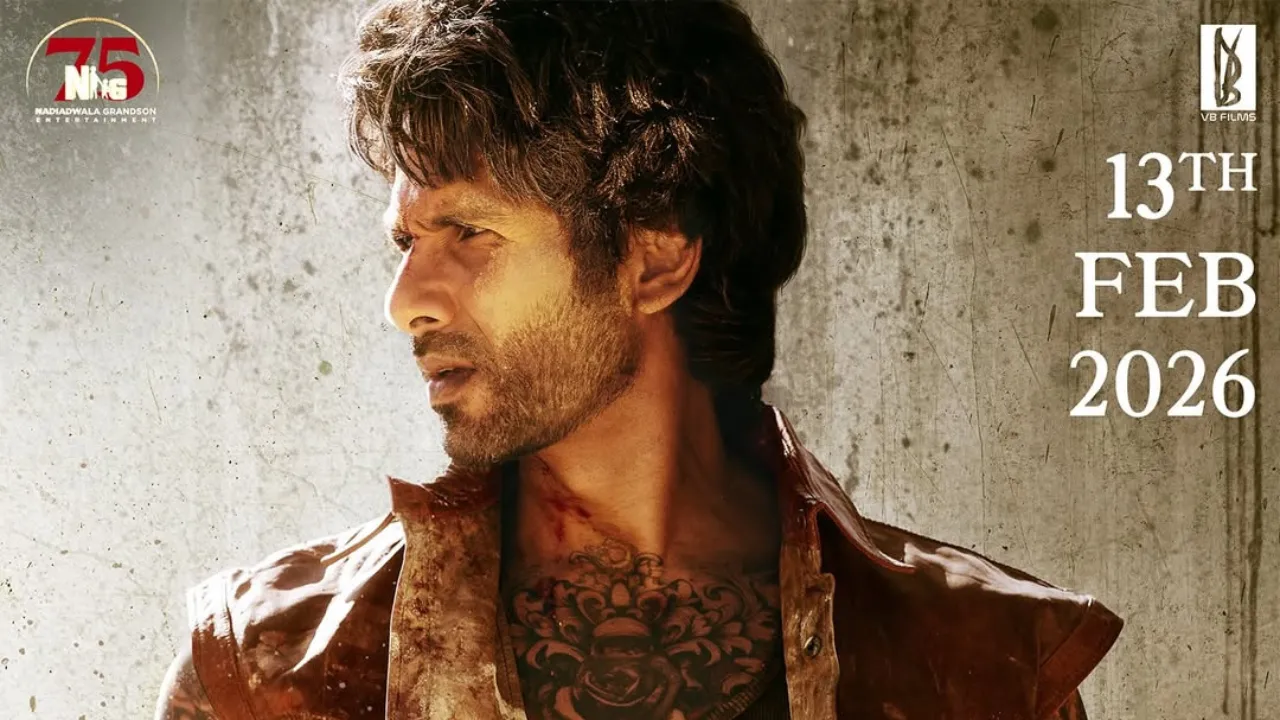Sonu Nigam reflects on AI in the creative field: ‘Should be treated as an assistant, not as your boss’
Why Sonu Nigam’s voice on AI matters
Sonu Nigam is one of India’s most recognised playback singers — a voice that has shaped Bollywood melodies for decades. When an artist of his standing speaks about technology and creativity, it isn’t just commentary: it’s guidance that many musicians, producers and fans pay attention to.
Recently Sonu Nigam argued that artificial intelligence in music “should be treated as an assistant, not as your boss.” That framing helps set a practical, ethical tone for how creators can adopt AI without losing artistic control.
Sonu Nigam on AI: assistant, not overlord
The quote and the context
In a recent interview, Sonu Nigam emphasised that AI can be an empowering tool when used correctly. His central point: use AI to augment your skillset — for ideas, drafts or production shortcuts — but keep humans in the driver’s seat for emotion, intent and taste. This isn’t a warning against technology per se; it’s a call to preserve creative agency.
Practical meaning for musicians
What does “assistant” mean in practice? For singers and composers, treating AI as an assistant can mean:
- Using generative tools to sketch melodies or chord progressions quickly.
- Leveraging AI for mixing/mastering suggestions, not final decisions.
- Employing voice or timbre models to experiment conceptually, but not to replace genuine performances.
Sonu Nigam’s suggestion is tactical: test and iterate with AI, but validate every output through human judgment — preferably by trained musicians and producers.
Balancing fear and opportunity: Sonu Nigam’s earlier warnings
Not blind optimism
Sonu Nigam has repeatedly expressed concern about how AI affects working artists. In earlier conversations he warned that AI poses a threat to “average” musicians who rely on routine formulas rather than deep craft. His point: AI can quickly replicate surface-level patterns, so artists must cultivate distinctive skills to stay relevant.
A roadmap from worry to craft
That warning isn’t fatalistic. Instead, it’s a roadmap: invest in craft, originality and live performance skills that are hard for AI to mimic convincingly. Sonu Nigam’s stance encourages development — not withdrawal — from the creative economy.
Real-world signs: Sonu Nigam’s engagement with evolving tech
Working with new formats and education
Sonu Nigam has not only commented; he has engaged. He’s been involved in initiatives that integrate AI with formal music education, signalling a belief that training and technology can be combined responsibly. Such moves show the difference between fearing technology versus shaping how it’s used.
Touring and live music as a counterbalance
At the same time, Sonu Nigam continues to prioritise live performance and audience connection — areas where human nuance, spontaneity and charisma are central. His live tours and extended concert sets underline an answer to AI’s rise: deepen the human experience that machines can’t deliver.
What creators should take from Sonu Nigam’s view
1. Use AI to speed up routine, not to replace craft
AI is excellent at repetition and iteration. Use it for demos, idea generation and technical polishing. But reserve your unique voice, phrasing and emotional decisions for human judgement.
2. Treat outputs as first drafts
Consider AI outputs as raw material. They can inspire, but they should undergo human refinement — lyrical sense-making, cultural context checks and ethical vetting.
3. Invest in skills machines find hard to copy
Focus on live performance, improvisation, emotional phrasing and collaborative skills. Sonu Nigam’s career shows how longevity arises from more than technical perfection.
4. Advocate for transparent and ethical use
When AI imitates established voices or styles, clear attribution and consent are non-negotiable. Artists should push for transparency around how AI models are trained and whose work they use.
For the music industry: policy and practice pointers
Labels and platforms must set standards
Record labels, streaming platforms and rights organisations should create clear guidelines for AI-generated content: labeling, rights clearance and royalty frameworks. Sonu Nigam’s comments add cultural weight to this urgent policy conversation.
Education and reskilling
Music schools and academies should teach both creative skills and AI literacy. Sonu Nigam’s support for AI-embedded programs suggests a model where musicians learn to collaborate with technology rather than be displaced by it.
A balanced headline: Sonu Nigam’s overall stance
Sonu Nigam’s view is neither technophobic nor naively celebratory. He recognises real threats — especially to less-skilled practitioners — but also sees AI as a powerful assistant when used thoughtfully. That middle path is practical: accept useful tools, set ethical boundaries, and double down on human qualities that machines can’t replicate.
Final takeaway for readers and creators
If you’re a musician, producer, or creative professional, take Sonu Nigam’s comment as pragmatic advice: welcome AI as a collaborator, not a replacement. Use it to expand your toolkit, but protect the parts of artistry that are irreducibly human — intent, vulnerability and the unpredictable chemistry of live performance.
Sonu Nigam’s voice matters because it comes from experience: technical skill honed over decades, and a clear-eyed view of how technology alters work. His message is simple and actionable — treat AI as an assistant, not as your boss — and if creators follow it, the future of music can be both innovative and humane.
